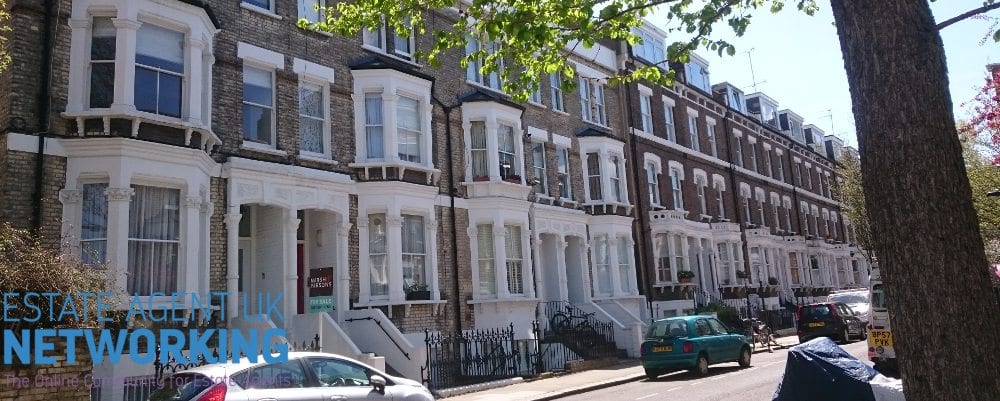Call to penalise rogue tenants
The Housing and Planning Bill threatens to come down hard on rogue landlords, but provides little protection against tenants who behave badly
Housing Minister Brandon Lewis claims that the Housing and Planning Bill will promote the “professionalisation” of the private rental sector by introducing greater penalties for rogue landlords.
But a growing number of organisations involved in the rental sector are calling for the introduction of clauses in the new legislation to highlight the issue of problem tenants, says Denhan Guaranteed Rent.
The London-based company, which offers private landlords guaranteed rental payments for up to five years, says the Housing and Planning Bill only has to pass through a Third Reading and Consideration of Amendments stage before reaching Royal Assent, which is when it becomes law.
The Bill contains proposals to
- Ban and fine criminal landlords and letting agents;
- Introduce rent repayment orders; and
- Give local housing authorities the power to establish and maintain a database of blacklisted landlords and agents.
Construction industry partner Proskips notes, however, that landlords have upped their game when it comes to bringing their buy-to-let properties up to scratch.
And while reputable letting agents say they welcome measures that stamp out the minority of criminal operators letting property to tenants, more could be done to highlight the issue of problem tenants.
Avoid problem tenants
The best defence against problem tenants is in-depth screening before issuing an Assured Shorthold Tenancy agreement, advises Brixton and Battersea estate and letting agent Eden Harper.
A spokesman advises landlords that they may be keen to let their property in the shortest space of time, but the loss of a few week’s rental income can save time, money and distress in the long run by ensuring the right tenant moves in from the start.
And any potential tenant not prepared to assist a landlord by providing the details needed for full background checks should be considered as a potential source of trouble.
The tenant screening process should also include a face-to-face interview with every person who will be living in the property. Not every tenant will be a mirror image of yourself, so remember to consider whether the individual or family will take care of the property, not whether they have the same taste in clothes, music or other interests.
But do bear in mind that the new Housing and Planning Bill places a moral obligation on landlords and letting agents to consider the safety of residents in neighbouring properties, particularly if the rental home is part of a block of flats.
When good tenants turn bad
But even if a landlord or letting agent carries out the most detailed background checks – and they do not arouse suspicion – good tenants can turn bad.
If complaints about property damage or antisocial behaviour come back to a letting agent or landlord, these issues can often be resolved by issuing a politely-worded verbal warning or written request.
And if that does not do the trick, it can be followed up with a mild warning backed up by an official letter.
Difficulties can arise if annoying behaviour escalates into criminal acts, such as breaching noise regulations or even local parking regulations. These can be dealt with by referring the matter to the police or local authority, which in most cases will issue a fine or Police Caution.
The shortage of good homes available for rent in London and south-east England, in particular, means the majority of tenants treat rental properties as if they were their own. Keeping lines of communication open and displaying a little understanding can usually resolve the majority of problems that a landlord can experience when running a rental property.









